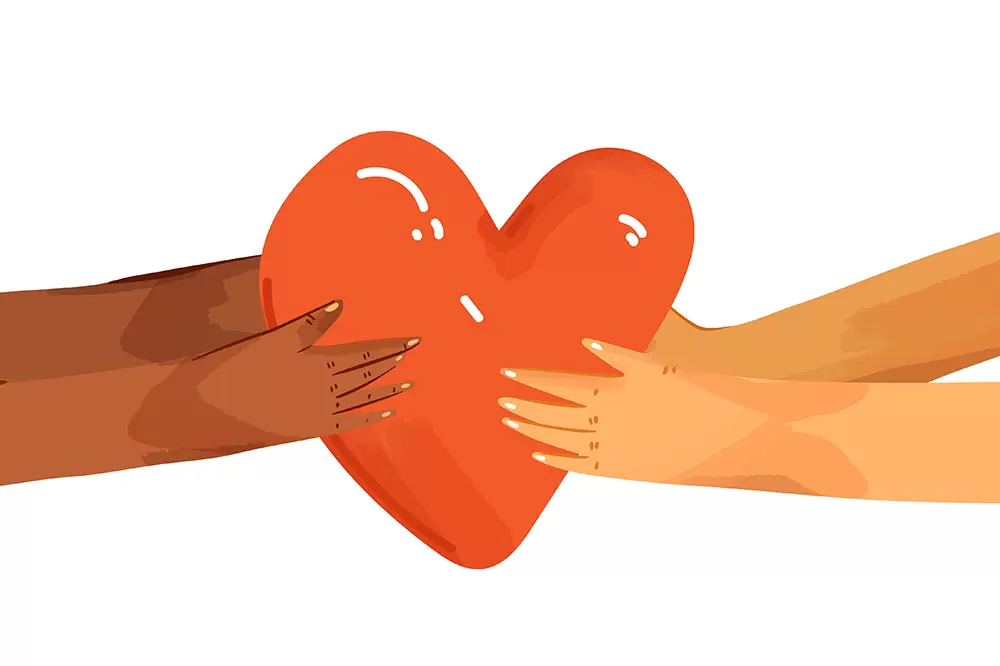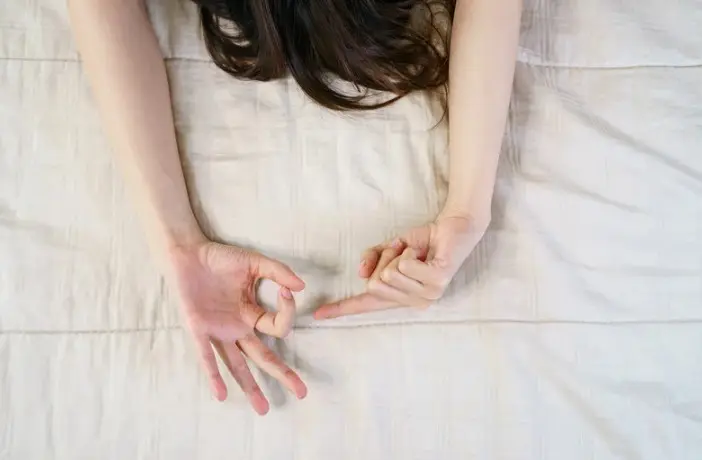Young or old, many of us at some point find ourselves in a relationship which encounters issues. To quote many nursery rhymes, we sometimes have to kiss a few frogs before we find our Prince or Princess!
But what makes a healthy – or unhealthy – relationship? How can you tell if the experience you’re having is positive or something best consigned to history?
Consent
At the centre of any healthy sexual or emotional relationship is consent.
Whatever the relationship and whoever the partner, any sexual activity – whether it’s physical, verbal, emotional or even something like viewing pornography together – must be comfortable and agreed.
Sexual consent occurs when two or more people involved in any form of sexual activity freely and positively consent agree to take part by choice with a full understanding of what is about to happen.
If in doubt, it’s always best to ask your partner. If you’re asked by your partner, don’t be afraid to say no or put limits on what is OK.
If sex begins to go a little further than you’ve discussed, take a moment to check your partner is still happy or let your partner know if you’re not.
Openness is one of the most important parts of a healthy relationship.
Feeling pressured – or pressuring your partner – into sex or something they’re not comfortable with is a sign of an unhealthy relationship.
If you feel you’re doing things you don’t want to – or your wishes are being ignored – let your partner know or remove yourself from the situation. In a healthy relationship, they will understand.
Sex and emotions
Wow, relationships can be hard, especially when you’re young, inexperienced or out of practise! You can end up feeling tremendous pressure or losing sleep wondering if everything is going OK.
Sex is fun – and it’s OK to be just that, fun! However, it often becomes emotional, particularly in a more lasting relationship. You care for your partner and they may care for you.
In a healthy relationship, you shouldn’t feel any pressure. If you’re not ready to take your emotions to another level, you don’t have to.
In a healthy relationship, communication is key. Share your emotions and let your partner share theirs. You may end up even closer and happier.
In an unhealthy relationship, you might feel your emotions are being ignored by your partner. Alternatively, you could realise you’re ignoring your partner’s feelings or your own emotions have become a little unpredictable.
Take a little time out to consider the right way forward. Remember, whilst most relationships need work, it’s also OK to ease up sometimes.
If you and your partner want different things – or aren’t on the same page when it comes to sex – have a frank conversation.
Unhealthy behaviour
Particularly when young – or when older or after exiting a long relationship – new relationships can be quite intense. Sometimes we can become a little obsessive about our partner!
In a healthy relationship, you and your partner should be equals, able to find a way forward together. Their behaviour should be appropriate and take into account your feelings. Violence is never, ever acceptable.
If you believe your partner is becoming a little compulsive or controlling, its typically best to discuss it with them. It could be a sign of an unhealthy relationship.
Raise the subject sensitively. Try highlighting something which has happened and explain how it made you feel. Ask your partner how it made them feel.
If your partner’s behaviour is making you feel devalued, vulnerable or even depressed – the relationship could be toxic. At this point it is best to distance yourself from your partner and seek the support of an experienced friend, family member or person in authority.
If you ever feel physically or sexually vulnerable, report it to the police.
Beginning a healthy relationship when you’re young
Many people become interested in having a relationship after puberty – some before and some not until many years later or not at all. Everyone is different.
Healthy and sustainable relationships often begin in our later teenage years.
From 16, young people of any gender or sexuality can legally take part in sexual activity with any other partner over the age of consent. Younger people of similar age can have sex without fear of prosecution but if an adult over 18 were to have sex with someone under 16, it would be a crime. No one under 13 can ever consent to sexual activity under any circumstances.
When young, relationships tend to be healthiest when both partners have a similar age or outlook and level of sexual or emotional knowledge.
Unhealthy relationships can occur when there is a big difference in sexual or emotional experience between partners. One partner may coerce (persuade) the other into behaviour or sex they are uncomfortable with.
Trust your partner but be open minded. If their behaviour or attitude makes you feel uncomfortable, discuss it with them and don’t be afraid to walk away.
Ending an unhealthy relationship
Ending a relationship is rarely easy – but it is an experience which many of us will have at some point in our life.
Relationships – just like sexual consent – are a choice. If the relationship isn’t working for you, you have every right to end it no matter the feelings of your partner.
It can be particularly difficult to end an unhealthy relationship, especially if your partner is acting in a negative or threatening way.
It is typically best to be calm, be clear and make sure your actions reflect what you’re telling them. If you wish to end the relationship, it’s best to restrict your contact with the person.
If you still wish to be friends, give your former partner time and space to come to terms with the new situation.
Remember, if you ever feel threatened or unsafe in an unhealthy relationship, remove yourself from the situation and tell those who can help.


